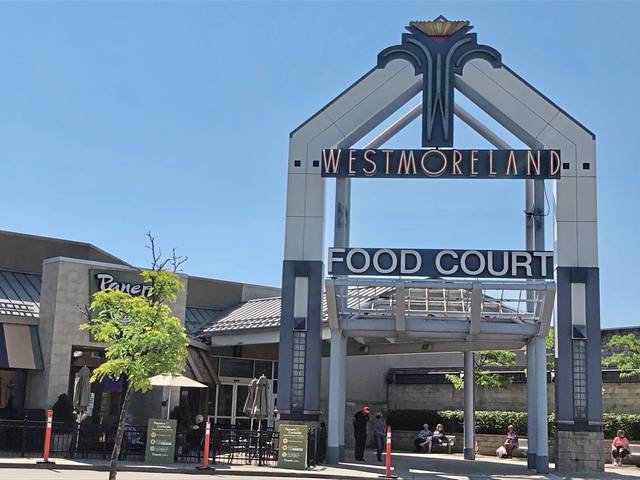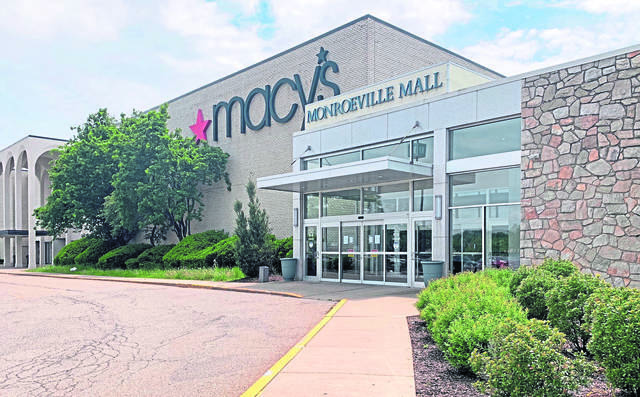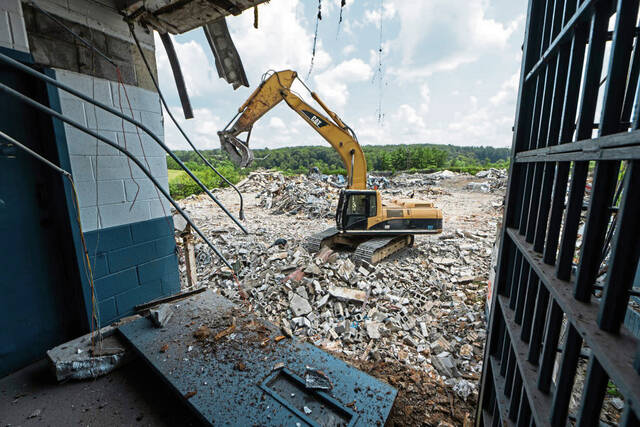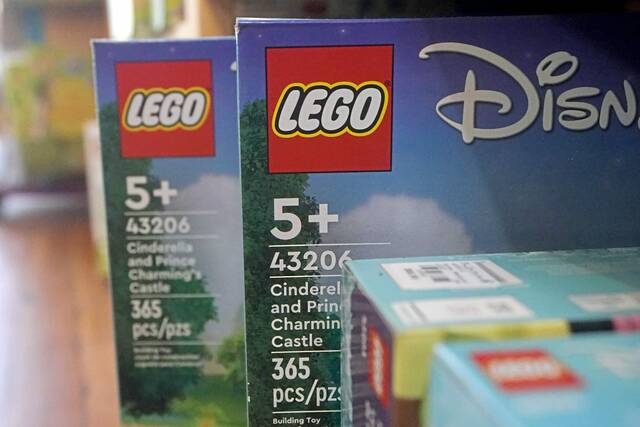After months filled with lost revenues and tenants permanently shutting their doors, the company that owns both the Westmoreland and Monroeville malls has filed for bankruptcy protection.
Chattanooga, Tenn.-based CBL Properties made the announcement Monday, months after the company announced a restructuring plan to help alleviate debt. The move came after the coronavirus pandemic forced malls across the country to close, essentially choking off foot traffic and resulting in lost revenues.
The 107 malls operated by CBL will remain open throughout the bankruptcy process.
“After months of discussions and consideration of a number of alternatives, CBL’s management and the board of directors firmly believe that implementing the comprehensive restructuring … will provide CBL with the best plan to emerge as a stronger and more stable company,” Stephen D. Lebovitz, chief executive officer of CBL, said in a statement.
The bankruptcy will be used to implement terms outlined in the restructuring plan entered into in August. The plan will reduce total debt and preferred obligations by about $1.5 billion, while extending debt maturities and increasing liquidity.
By the end of September, the company had about $260 million in unrestricted cash on hand for available-for-sale securities. That, as well as increased cash flow from day-to-day operations, is expected to cover the costs of operational and restructuring needs.
Those factors will put “CBL … in a better position to execute on our strategies and move forward as a stable and profitable business,” Lebovitz said.
But for local malls like Westmoreland and Monroeville, bankruptcy could mean new ownership, as University of Pittsburgh business professor Deborah Good suggested in August. Good predicted that Monroeville Mall would be a top contender for resale, noting the company might not be able to “support a large mall like that.”
CBL Properties would likely try to hold onto Westmoreland Mall, she said, where officials are gearing up for a Nov. 24 opening of a new casino. If it did come to a sale of the property, Good said it would not be difficult to find a buyer.
Still, the bankruptcy filing did not come as a surprise. According to Dorene Ciletti, director of the marketing and sales program at Point Park University, malls have been facing issues related to tenants, revenues and foot traffic over the past several years as shoppers shifted to online buying. Those problems were only exasperated by the pandemic, she said.
“We’ve seen over the last number of years that malls have had to kind of reinvent themselves and really rethink their use as retailers are either looking at minimizing the number of on-ground stores they offer, consolidating in some way, sometimes reducing the size of those stores. It’s left vacant space in malls,” Ciletti said.
Those reinventions come in the form of educational facilities, medical facilities and entertainment complexes like the one at Westmoreland Mall.
“I think there’s still potential there to utilize that space, it’s just going to be a matter of how creative we can be in thinking up alternate uses that bring consumers out, that bring them into the space,” Ciletti said.
Lebovitz said officials at CBL are negotiating with lenders and they “expect further discussions in an effort to reach a tri-party consensual agreement between the company, noteholders and credit facility lenders during the bankruptcy process.”
Updates on CBL’s bankruptcy filing will be posted online at cblproperties.com/restructuring.











